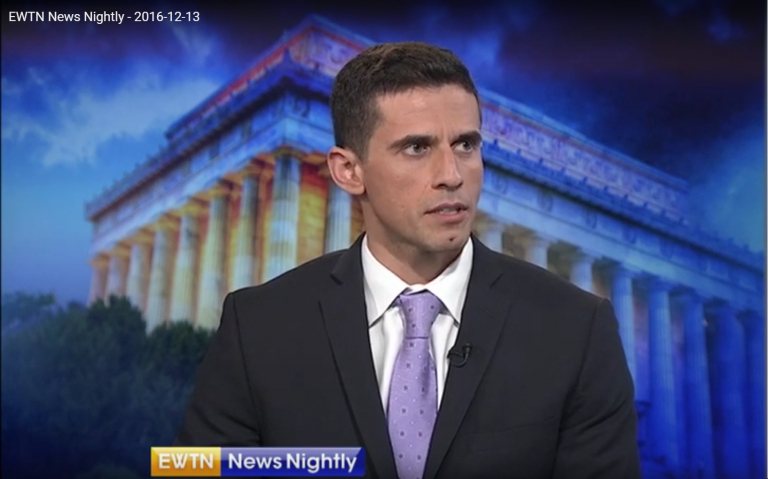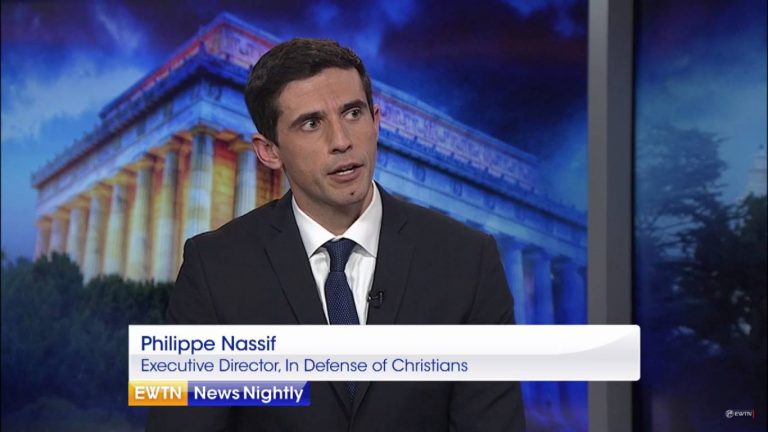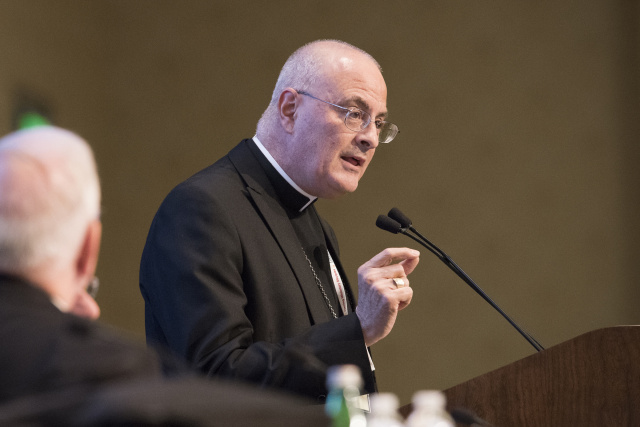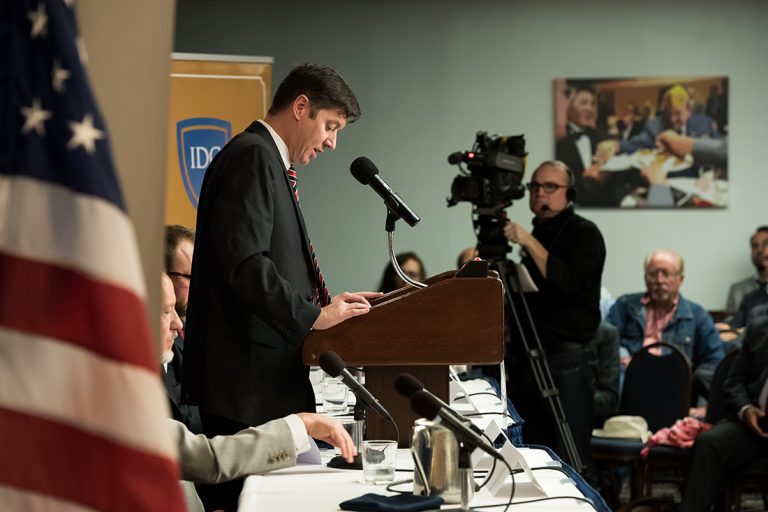Similar Posts

EWTN News Nightly: IDC Executive Director Philippe Nassif Discusses the Attack on the Coptic Church in Egypt
EWTN News Nightly White House Chief Correspondent Lauren Ashburn interviews IDC Executive Director Philippe Nassif in lights of the terrorist attack on the Coptic church in Egypt. “The first issue that we have in the…

EWTN News Nightly Lauren Ashburn Interviews IDC Executive Director Philippe Nassif
White House Chief Correspondent Lauren Ashburn interviews IDC Executive Director Philippe Nassif to discuss the latest situation of Christians in recently ISIS liberated areas around Mosul, Iraq. TweetShareShare

New Catholic Relief Services’ chairman has strong Middle East focus
Bishop Gregory John Mansour, a Maronite bishop with experience in Middle East issues, will be the next chairman of Catholic Relief Services, the foreign aid arm of the U.S. bishops. The bishop is on the boards…

The Hill: Op-Ed by IDC Executive Director Philippe Nassif: ‘Middle East Christians celebrate Christmas under yoke of genocide’
The world has grown too small for us to imagine that we may ignore what happens in Egypt or Iraq or Pakistan. These are not merely humanitarian issues; they are national security issues. The threat…

Providence: To End Another War: Safe Zones, Humanitarian Intervention, and American Interests; An Op-Ed by IDC Vice President and Senior Policy Adviser Andrew Doran
“The Trump administration wasted little time in quelling fears of American isolationism last week when it announced its support for the creation of safe zones in Syria. Immediately (and predictably), the Russian government expressed concerns,…

Washington Examiner: Trump is right to push for safe zones in Syria; An Op-Ed by IDC Executive Director Philippe Nassif
“The Lebanese military, financially backed by the United States, is regularly engaged in conflict with the Islamic State along Lebanon’s border with Syria. It’s also had to contend with issues arising from refugee camps, where…
